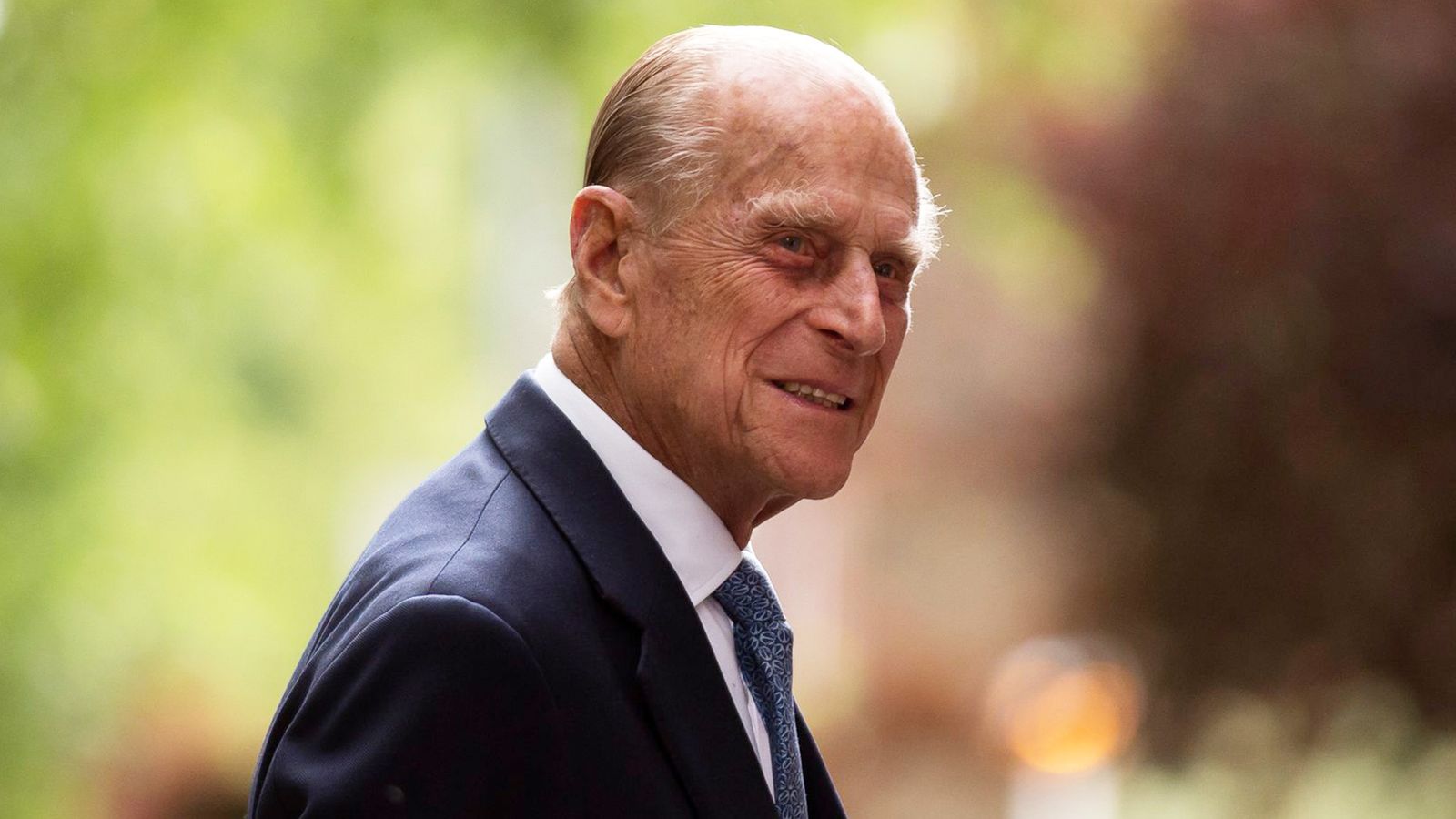The Duke of Edinburgh’s will is to remain a secret to protect the Queen’s “dignity”, the High Court has ruled.
Prince Philip died at the age of 99 in April – just two months before his 100th birthday.
The standard convention following the death of a senior member of the Royal Family is for an application to be sent to the president of the family division of the High Court to seal their will.
This means their wills are not open to public inspection in the way a will would ordinarily be.
On Thursday it was ruled that Prince Philip’s will is to be kept sealed for 90 years from the grant of probate – the formal process which confirms the authority of an executor to administer a deceased person’s estate.
Prince George: Photo to mark his eighth birthday shows him on Land Rover in ‘tribute to Duke of Edinburgh’
Prince Philip: New £5 coin released to commemorate Duke of Edinburgh
Queen marks what would have been Prince Philip’s 100th birthday with planting of commemorative rose
Even after that period of time, it may only be opened in private.
Judge Sir Andrew McFarlane said: “I have held that, because of the constitutional position of the sovereign, it is appropriate to have a special practice in relation to royal wills.
“There is a need to enhance the protection afforded to truly private aspects of the lives of this limited group of individuals in order to maintain the dignity of the sovereign and close members of her family.”
He said the ruling was to ensure as much detail was made public as possible, without “compromising the conventional privacy afforded to communications from the sovereign”.
Please use Chrome browser for a more accessible video player
The judge made clear to the court that he has not seen, or been told, about anything in Prince Philip’s will other than the date of its execution and the identity of the appointed executor.
An earlier hearing was held in private to avoid “very significant publicity and conjecture”.
Sir Andrew said: “I accepted the submission that, whilst there may be public curiosity as to the private arrangements that a member of the Royal Family may choose to make in their will, there is no true public interest in the public knowing this wholly private information.
“The media interest in this respect is commercial. The degree of publicity that publication would be likely to attract would be very extensive and wholly contrary to the aim of maintaining the dignity of the sovereign.”
Lawyers representing the duke’s estate had argued at the private hearing that news of that hearing “might generate wholly unfounded conjecture” which would be “deeply intrusive” to the Queen and the Royal Family.
The first member of the Royal Family whose will was sealed after a ruling from the court was Prince Francis of Teck, who was the younger brother of Queen Mary.
Sir Andrew said he is the custodian of a safe which holds 30 envelopes – each containing the sealed will of a deceased Royal Family member.
The physical process of unsealing a will must be conducted by a professional archivist to ensure that the document and its seals are properly preserved.
The last time a request was made to unseal a will was in 2007.
A man named Robert Andrew Brown made the request to make the will of the Queen Mother and Princess Margaret available, claiming he was the illegitimate child of Princess Margaret, but this was not allowed.
His claim was struck out as “vexatious and an abuse of process” – a decision upheld by the Court of Appeal.





















